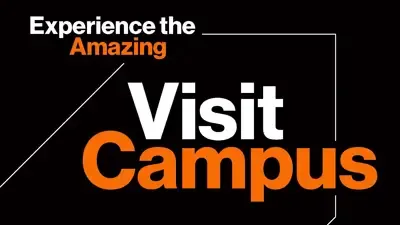BMECHE Research Seminar - Alayna Loiselle (Univ of Rochester)
Alayna E. Loiselle, Ph.D.
Associate Professor, Department of Orthopaedics and Biomedical Engineering
University of Rochester
Mechanisms of Fibrotic Tendon Healing and Opportunities for Regeneration
Effective surgical repair of tendon injuries is limited due to a propensity for scar tissue mediated healing rather than regeneration of native tendon structure. This fibrotic scar tissue results in impaired tendon function due to extracellular matrix (ECM) disorganization and inferior mechanical properties, relative to healthy tendon. Our laboratory is currently pursuing multiple approaches to both enhance the healing process and to better understand the major predictive factors of clinically unsatisfactory healing, which will allow future work to personalize therapeutics (physical and pharmacological) to improve healing outcomes. The presentation will first provide an overview of the complications that results from fibrotic tendon healing process, summarize what is known about the underlying etiology of scar formation, and highlight the gaps in knowledge related to predicting patient outcomes. I will then discuss recent work from our laboratory focused on non-invasive ultrasound assessment of healing in both preclinical and clinical settings to establish longitudinal predictors of tendon healing. The second part of the presentation will shift toward preclinical models. We and others have recently established heterogeneity of the resident tendon cell population, in contrast to the previous assumption that the tendon was composed of a uniform population of cells that responded uniformly to injury. Enhancing our understanding of the cellular environment facilitates the identification of promising therapeutic targets, and we are utilizing nanoparticles approaches to enhance drug delivery to the healing tendon. Our current work, including spatial transcriptomics approaches, seeks to understand the relative contributions of these cell populations to the healing process, and to delineate the discrete and overlapping functions of these populations.
Biography
Dr. Loiselle completed her PhD in Pathology at the University of Rochester Medical. Her PhD research established the first murine model of flexor tendon healing and demonstrated the role of bone marrow derived cells in promoting fibrotic healing. From there she joined the lab of Dr. Hank Donahue at Penn State College of Medicine and manipulated gap junction communication to enhance bone regeneration and utilized materials science approaches to resurface bone allografts for enhanced osteointegration. Dr. Loiselle then established her independent laboratory at University of Rochester Medical Center, where she is currently an Associate Professor. Her research programs span from fundamental cell biology of tendon homeostasis and healing to clinical studies using non-invasive imaging approaches to develop personalized treatment strategies to improve tendon healing outcomes. Dr. Loiselle is a permanent member of the NIH SBSR study section, chair of the Orthopaedic Research Society Career Development Committee, and director of the CMSR’s P30 funded Histology, Biochemistry and Molecular Imaging (HBMI) Core. In 2014 she was awarded the Goldner Pioneer Award from the American Society for Surgery of the Hand, and in 2022 was awarded the Kappa Delta Young Investigator Award, the highest early career award, from the American Academy of Orthopaedic Surgery. Her laboratory is currently funded by NIH/ NIAMS.
Event Snapshot
When and Where
Who
Open to the Public
Interpreter Requested?
No









